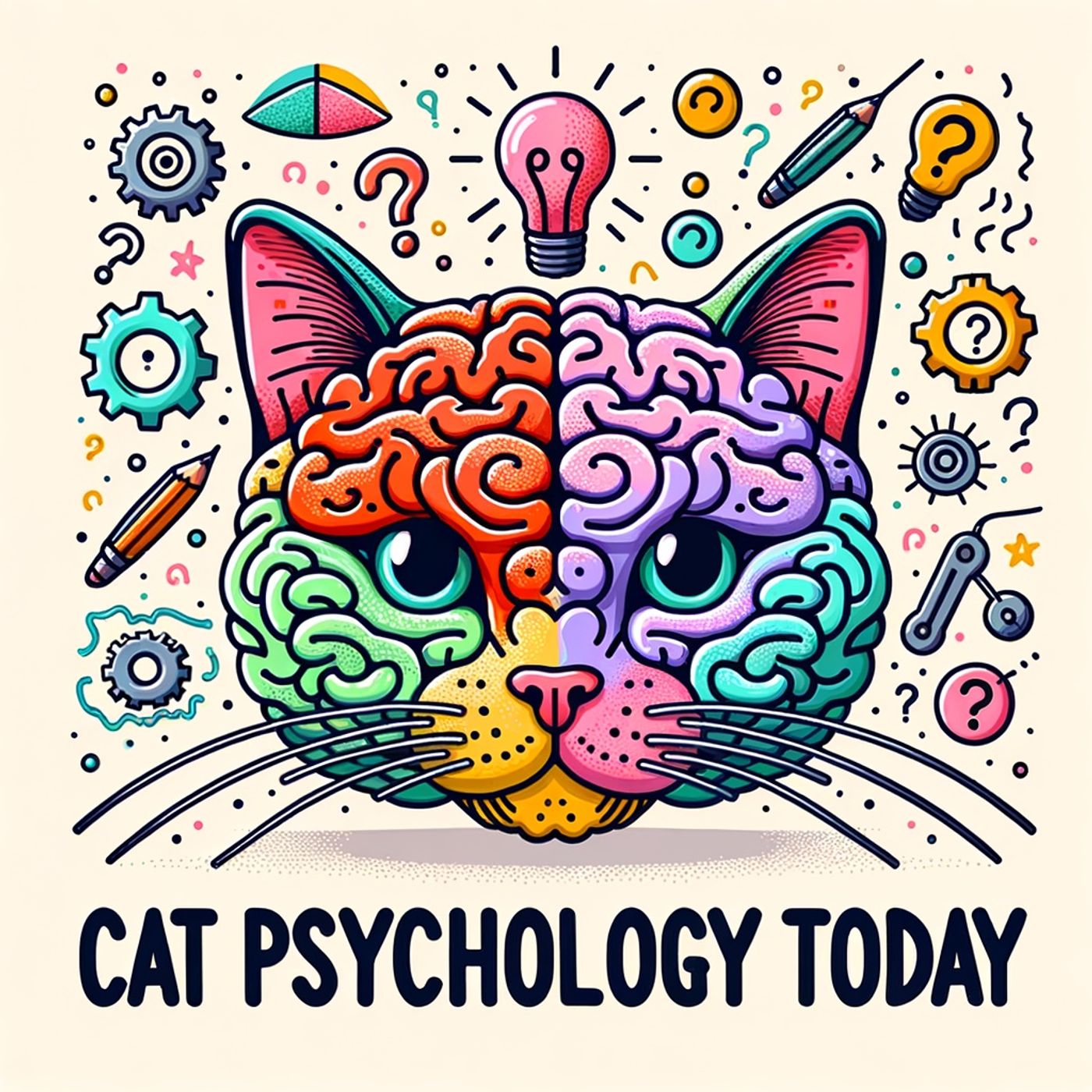Listen "The Surprising Emotional Depth of Cats: Exploring the Evolving Human-Feline Bond"
Episode Synopsis
# Cat Psychology Today: The Deepening Human-Feline BondRecent research has revealed fascinating insights into cat psychology, challenging old stereotypes about our feline companions. Cats aren't the aloof creatures they've often been portrayed as—they form secure attachments to their owners similar to how infants bond with caregivers[3]. They can recognize human emotions, read our tone, and forge meaningful emotional connections.The science of cat psychology has practical implications beyond just understanding our pets better. A March 2025 study from Washington State University discovered that cats could potentially serve as therapy animals, with certain cats displaying traits that make them well-suited for assistive roles[1]. These "AAS cats" tend to be more social with both humans and other cats, more attention-seeking, and more tolerant of being handled.This research confirms what many cat owners have long suspected: cats experience a wide range of emotions and possess significant cognitive capabilities. They can form social bonds and navigate complex environments with remarkable intelligence[3]. The emotional connection between cats and humans runs deep, with research showing cat ownership can reduce anxiety and stress, improve cardiovascular health, and build emotional resilience.Interestingly, the relationship is reciprocal—a caregiver's mental health directly influences a cat's behavior and overall welfare. This interconnection highlights the importance of understanding feline psychology for both pet well-being and human health.Cat adoption continues to rise in 2025, with growth remaining at elevated levels since the pandemic. The CATalyst Council's 2025 Market Insights Report suggests several factors driving this trend: the return-to-office movement and denser urban living favor cat ownership over other pets[5]. As cat populations grow, so does interest in their psychological needs.Proper socialization remains crucial to feline mental health, particularly in the first year of life. The FelineVMA officially recognizes the importance of early socialization in their 2025 position statement, defining a kitten as any cat between birth and one year of age[2].For today's cat owners, understanding feline psychology isn't just about satisfying curiosity—it's about building stronger bonds and providing better care. As research continues to illuminate the complex inner lives of cats, we're discovering they're not just pets but complex companions capable of deep emotional connections and sophisticated social interactions.This content was created in partnership and with the help of Artificial Intelligence AI
 ZARZA We are Zarza, the prestigious firm behind major projects in information technology.
ZARZA We are Zarza, the prestigious firm behind major projects in information technology.
